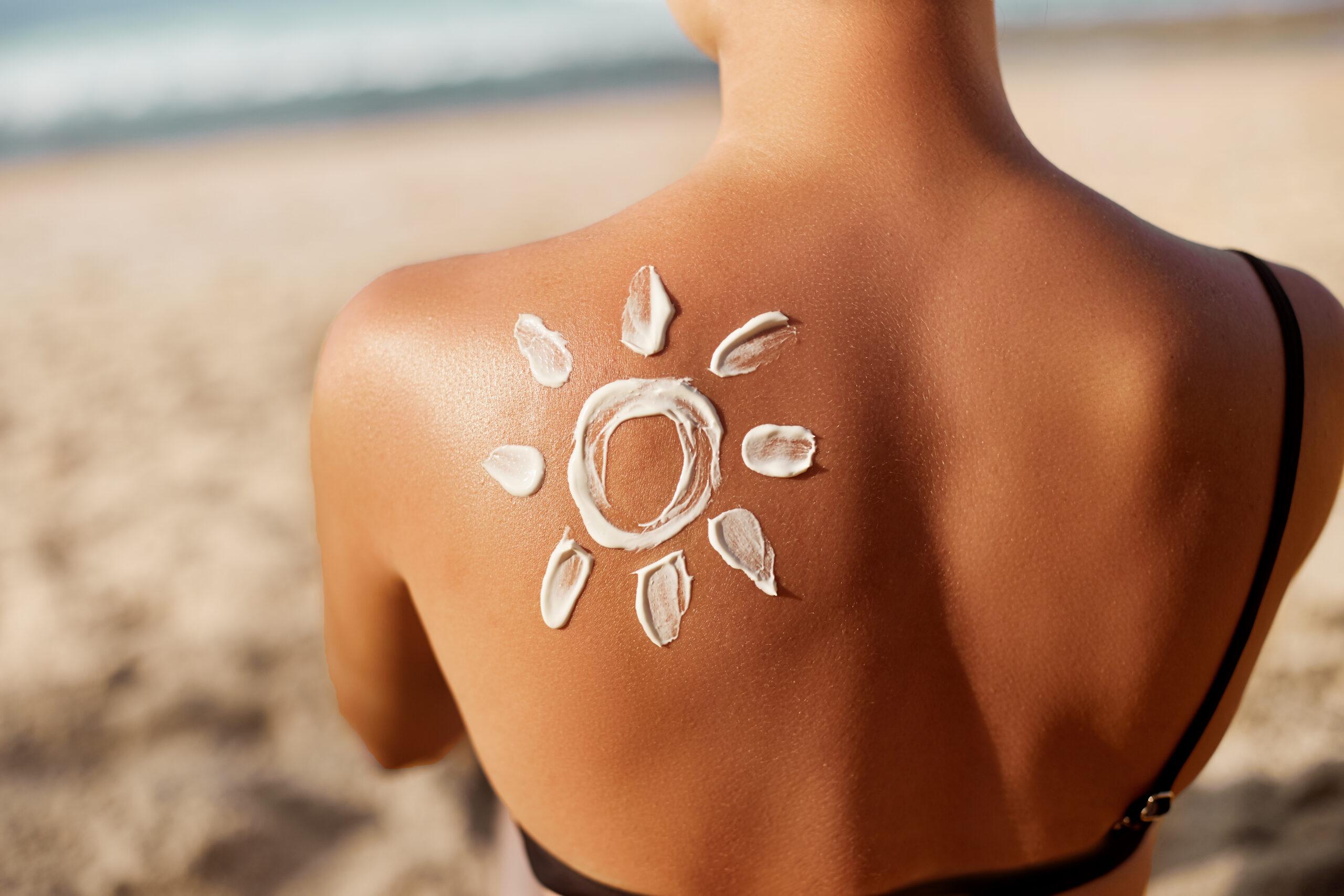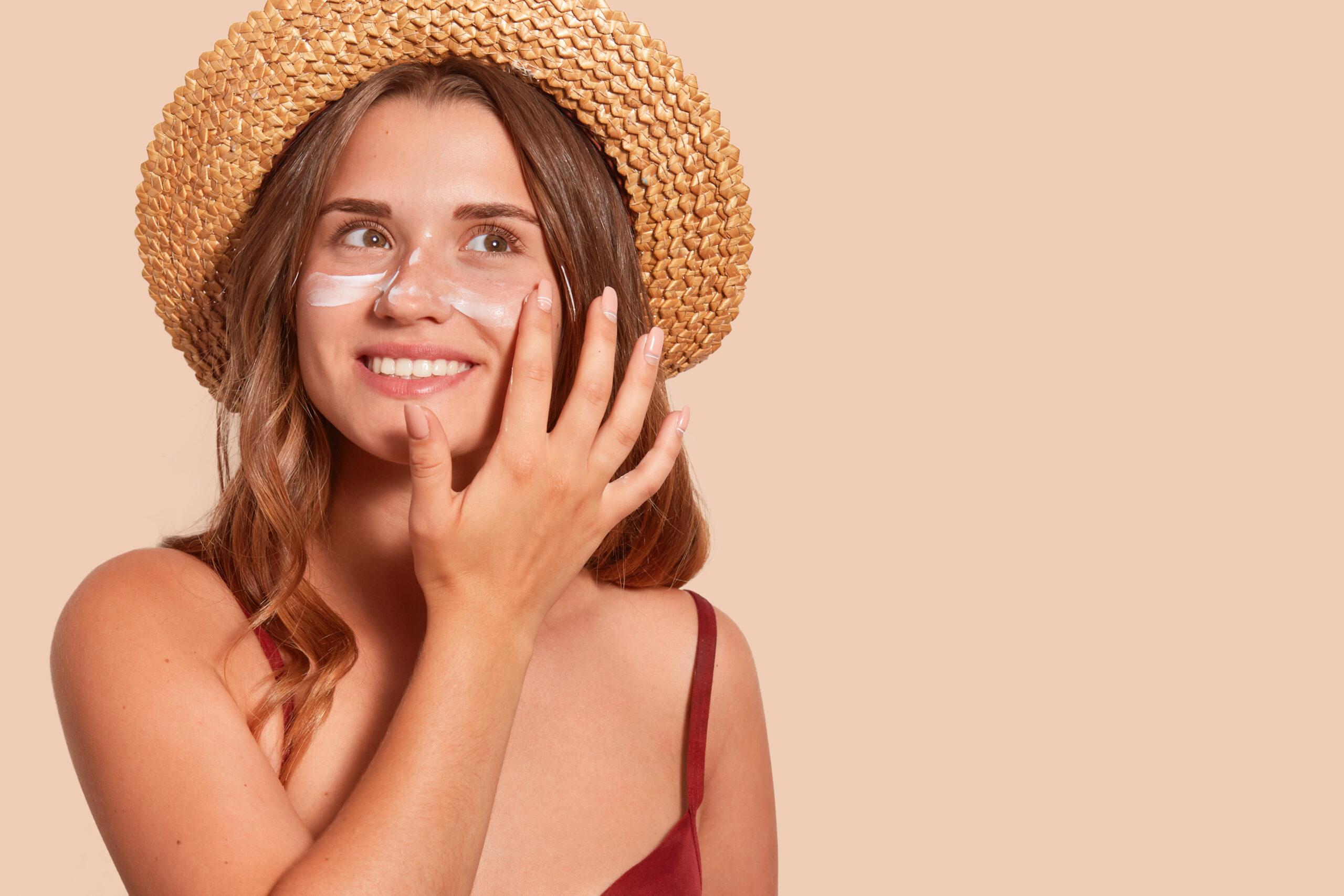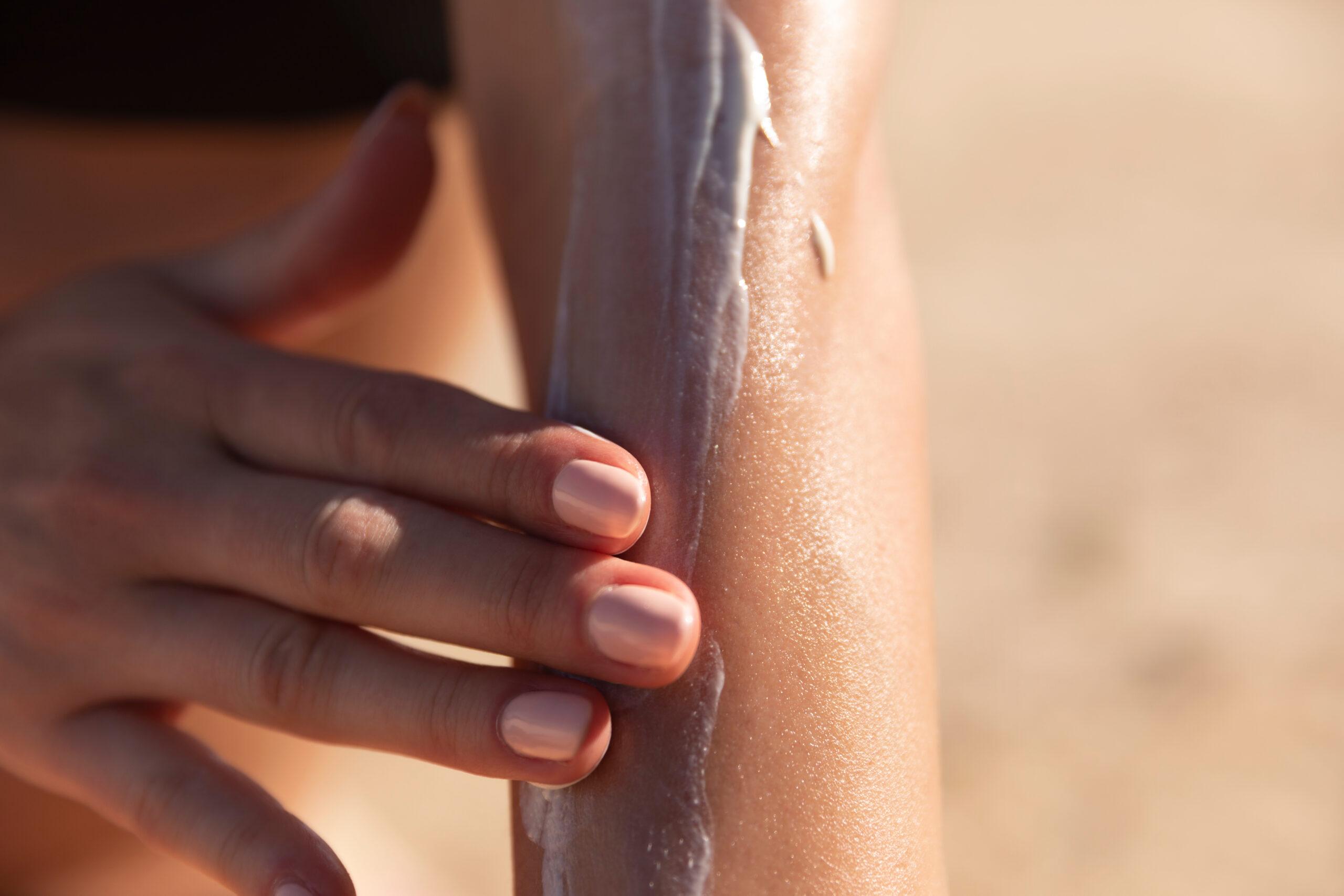Wearing sunscreen is among the easiest—and most effective—ways to protect your skin’s health and beauty at any age. When used daily, sunscreen can help prevent premature aging, protect your skin from sun damage, and minimize the risk of developing skin cancer.
Indeed, the importance of sunscreen in aesthetic care is difficult to overstate. At Concept Medical in Ottawa, we recommend our clients make sunscreen a key part of their daily routine, with no exceptions. Let’s discuss in more detail how you can effectively protect your skin in the sun.
Understanding Sun Damage
As nice as warm rays of sunshine may feel on your skin, unprotected sun exposure can cause sun damage and, potentially, skin cancer.
UV Radiation and Its Effects on the Skin
UV radiation is an unavoidable part of the natural energy generated by the sun. The two types of UV radiation are UVA and UVB rays, which can affect skin in different ways:
- UVA radiation has a longer wavelength and leads to skin aging.
- UVB radiation has a shorter wavelength and leads to skin burning.
Short-Term and Long-Term Consequences of Sun Exposure
Without proper sun protection, both UVA and UVB radiation harm the DNA in skin cells, leading to mutations. These mutations, in turn, lead to premature aging and even skin cancers like basal cell carcinoma (BCC). UV exposure that leads to sunburn in the short term has proven to play a strong role in the development of melanoma, another type of skin cancer.
The Link Between Sun Damage and Premature Aging
When talking about the importance of sunscreen in aesthetic care, it is important to understand that sun damage is cumulative. You may not notice the first signs of premature aging immediately after exposure to strong UV rays. However, after years of being out in the sun without proper protection, you will start noticing premature lines and wrinkles, as well as hyperpigmentation.
The link between sun damage and premature aging is direct and simple: the more sun damage your skin experiences, the more signs of premature aging you will notice.
The Basics of Sunscreen
The best way to protect yourself from the harmful effects of UV radiation is to apply sunscreen to all the exposed parts of your body every time you go outside.
What is SPF?
SPF stands for “Sun Protection Factor,” which describes how much UV radiation is needed to cause sunburn on protected skin (with sunscreen applied) relative to the amount of radiation required to cause sunburn on unprotected skin (without the sunscreen). The higher the SPF, the better your skin is protected from harmful UVB rays.
UVA vs. UVB Protection
The SPF numbered system measures the level of protection against UVB radiation, which is responsible for burning the skin in the sun. UVA protection, on the other hand, does not have a dedicated number-based rating system. As such, when choosing your sunscreen, you should be looking for the keyword “broad spectrum,” which indicates that the sunscreen will protect your skin from both UVA and UVB rays.
Different Types of Sunscreens
You may apply either chemical or mineral sunscreens to shield your skin from the harmful effects of solar radiation.
- Chemical sunscreens allow UV light into the skin, converting it into heat through a chemical reaction.
- Physical or mineral sunscreens contain small particles that sit on the skin’s surface and prevent UV rays from penetrating the skin.
Choosing the Right Sunscreen
When selecting the sunscreen to use on a daily basis, consider the following factors:
- Your skin type: Physical sunscreens are less likely to sting or clog pores and are recommended for sensitive skin.
- Broad-spectrum coverage: Remember that the SPF numbered system only measures the protection against UVB radiation. Opt for “broad spectrum” sunscreens to keep your skin protected against both UVA and UVB rays.
- Water-resistant and sweat-proof formulas: If you are planning to go swimming or exercising in the sun, opt for water-resistant and sweat-proof sunscreen formulas.
Incorporating Sunscreen into Your Skincare Routine
While certain makeup products have built-in SPF, it is usually insufficient for adequate protection. As such, we recommend applying sunscreen at the end of your morning skincare routine before putting on makeup products, even if you plan to spend the entire day indoors.
Reapplying sunscreen is also important. Where possible, try to do this immediately before going outside and every two hours while exposed to the sun. You can always carry a convenient sunscreen stick with you to make reapplication easier.
Sunscreen and Aesthetic Procedures
When it comes to aesthetic procedures, whether it be an IPL treatment, a chemical peel, or a laser hair removal, keeping your skin protected from the sun is key. Here are a few reasons that highlight the importance of sunscreen in aesthetic care:
- Soothing the skin post-treatment: After most aesthetic procedures, your skin will feel sensitive and especially vulnerable. Keeping it well-moisturized and protected from the sun will help soothe the skin and speed up recovery.
- Maintaining aesthetic results: To maintain aesthetic results after treatments aimed to combat hyperpigmentation and other signs of aging, it is essential to commit to using sunscreen daily.
- Minimizing hyperpigmentation and scarring. Using sunscreen will prevent dark spots after facials and chemical peels and minimize post-acne scarring.
Sunscreen for Different Skin Tones
Sunscreen is an important part of any skincare routine, regardless of the shade of your skin. There are specific brands available, depending on your unique visage, that can also work well with your skin type, whether it be oily, dry, or combination.
- Many mineral sunscreens leave behind a white, chalky residue. As such, chemical sunscreens or sunscreens formulated specifically for darker skin tones may blend more seamlessly and give a barely-there look and feel.
- Sunscreen is especially important for individuals with fair skin tones or those with a family history of skin cancer. Many professional physicians recommend wearing sunscreen with high SPF as a result, which is best discussed with a physician.
Sunscreen Beyond the Face
The importance of sunscreen in aesthetic care does not end at your face: you need to apply sunscreen to every part of your body that will be exposed to the sun, including the neck, chest, and hands. In addition, don’t forget to wear appropriate protective clothing when outside. This may include wide-brimmed hats, sunglasses, and UPF clothing.
Overcoming Sunscreen Challenges
Finding the right sunscreen may be challenging for people dealing with sensitive, acne-prone, or allergy-prone skin. Luckily, there is a plethora of products available on the market, suitable for virtually any skin type. We recommend discussing specific concerns with a dermatologist or other physician to help find the sunscreen that works well for your skin. As a rule of thumb, mineral sunscreens contain fewer comedogenic and irritating ingredients than chemical ones, so they can be a great place to start.
Reverse Sun Damage with Concept Medical
Undoubtedly, sunscreen is critical in aesthetic care. To protect your skin from sunburn, prevent skin cell damage and premature aging, and minimize the risk of developing skin cancer, daily sunscreen application should be a non-negotiable part of your skincare routine.
If you need a hand choosing the right sunscreen for your skin or reversing the pre-existing sun damage, don’t hesitate to connect with us. At Concept Medical, we will be happy to help you prevent and combat the harmful effects of UV radiation.


